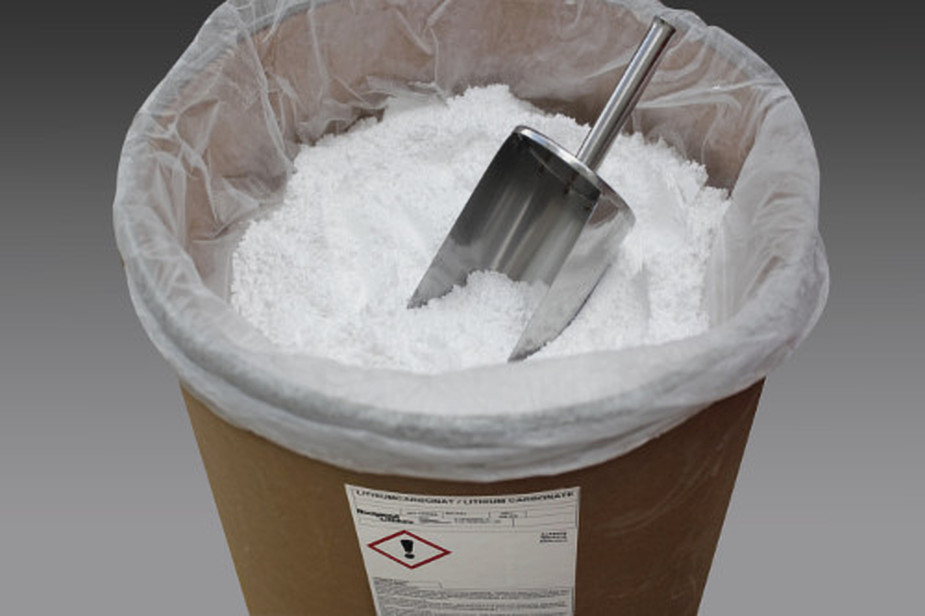Albemarle risks shutting German plant if EU declares lithium a hazard

Top lithium producer Albemarle Corp may have to shut its Langelsheim plant in Germany if the metal used in electric vehicle batteries is declared a hazardous material by the European Union, its finance chief told Reuters.
Lithium’s pivotal role in electric vehicles makes it an important commodity in meeting global targets to cut carbon emissions, and it was added to the EU’s list of critical raw materials in 2020.
However, the European Commission is currently assessing a proposal by the European Chemicals Agency (ECHA) to classify lithium carbonate, chloride, and hydroxide as dangerous for human health.
That would result in a more restrictive regulatory framework for their use at a time when the EU is aiming to be self-sufficient in electric vehicle batteries by 2025.
The proposal doesn’t ban lithium imports, but if legislated will add to costs for processors from more stringent rules controlling processing, packaging, and storage.
“Albemarle would no longer be able to import our primary feedstock, lithium chloride, putting the entire (Langelsheim) facility in jeopardy of closure,” said Chief Financial Officer Scott Tozier in an emailed statement.
“With sales of approximately $500 million annually, the economic impact to Albemarle from the potential closure would be significant,” Tozier added.
A European Commission official confirmed it was assessing the proposal, but had no further comment.
EU member states are currently giving their views on the proposal to a committee that meets on July 5-6 to discuss chemicals including lithium that have been recommended for classification as dangerous. A final decision is expected at the end of 2022 or the beginning of 2023.
The United States and Europe have accelerated efforts over the past two years to build secure and independent supply chains to cut reliance on China for key minerals used in electric vehicles, wind turbines, and solar panels.
Tozier said the classification would “hinder the localization of the EU battery supply chain, and instead move the process to a non-EU location, thereby creating the need to import”.
“Future battery recycling and cathode manufacturing would move outside of the EU. Albemarle would not be able to convert materials locally, and any EU lithium raw materials would need to be exported to create cathodes.”
Having produced lithium since 1921, the Langelsheim plant employs more than 600 people and accounts for 8% of New York-listed Albemarle’s projected 2022 net sales.
The European Commission has estimated Europe would need up to 18 times more lithium by 2030 than in 2020, and 60 times more by 2050.
“Classifying lithium as hazardous would create extra burdens on how lithium chemicals for batteries are produced, used, and recycled in Europe,” an industry source said.
(By Clara Denina, Pratima Desai and Kate Abnett; Editing by Jan Harvey)
Related Article: Electric vehicle outlook is even brighter if the world bikes and takes the bus
More News
{{ commodity.name }}
{{ post.title }}
{{ post.date }}




2 Comments
BOB HALL
Can we really believe what we are reading these days? Maybe O2 is dangerous if exhaled as well and soon we can only inhale.
Mary Ann Thompson
Lithium is dangerous and must be listed as harmful.